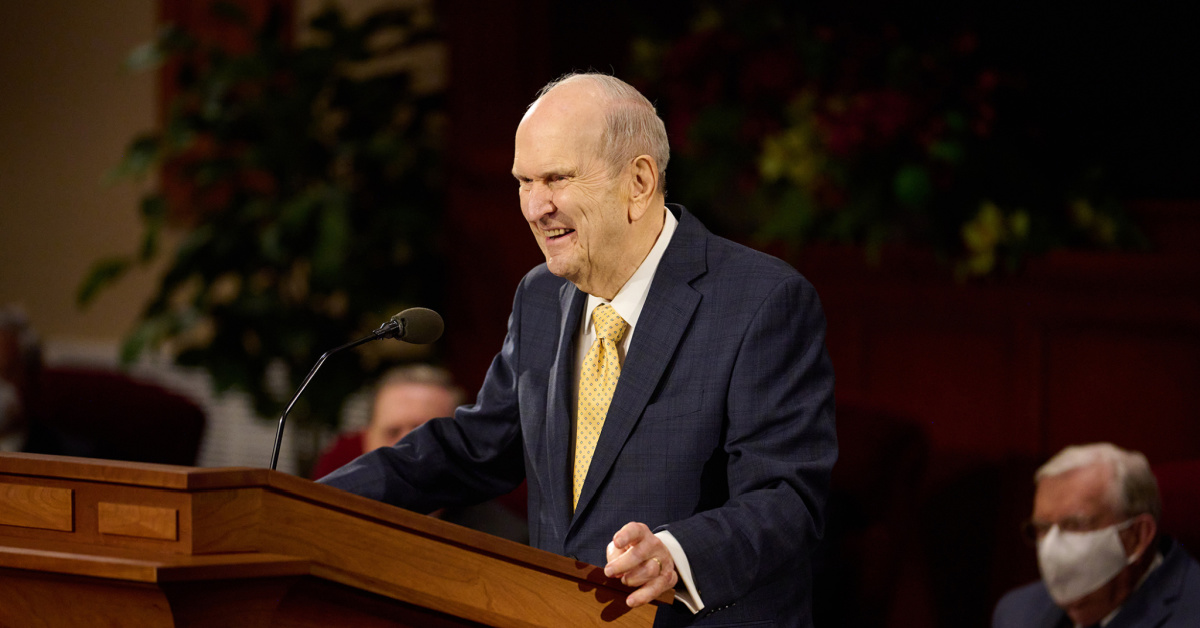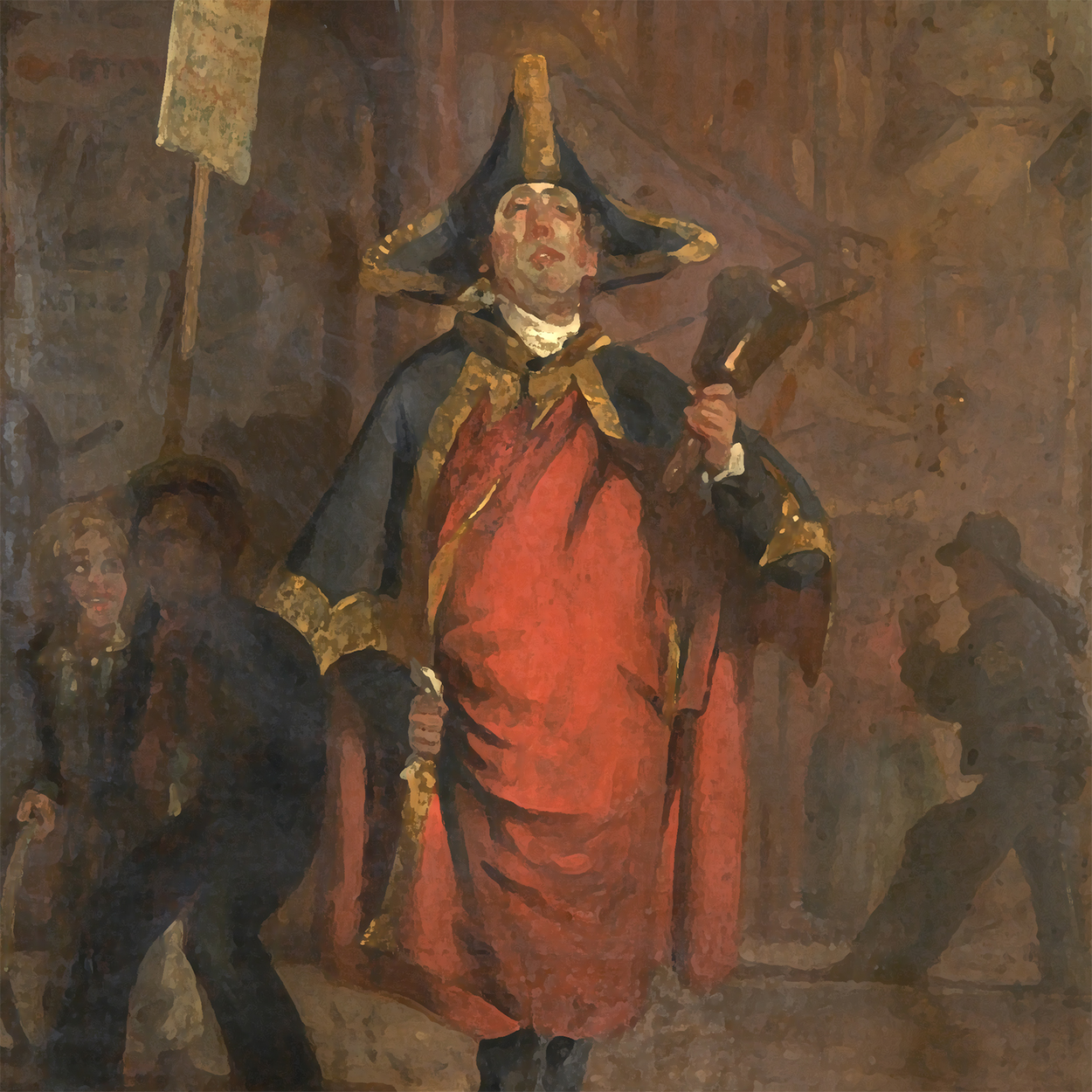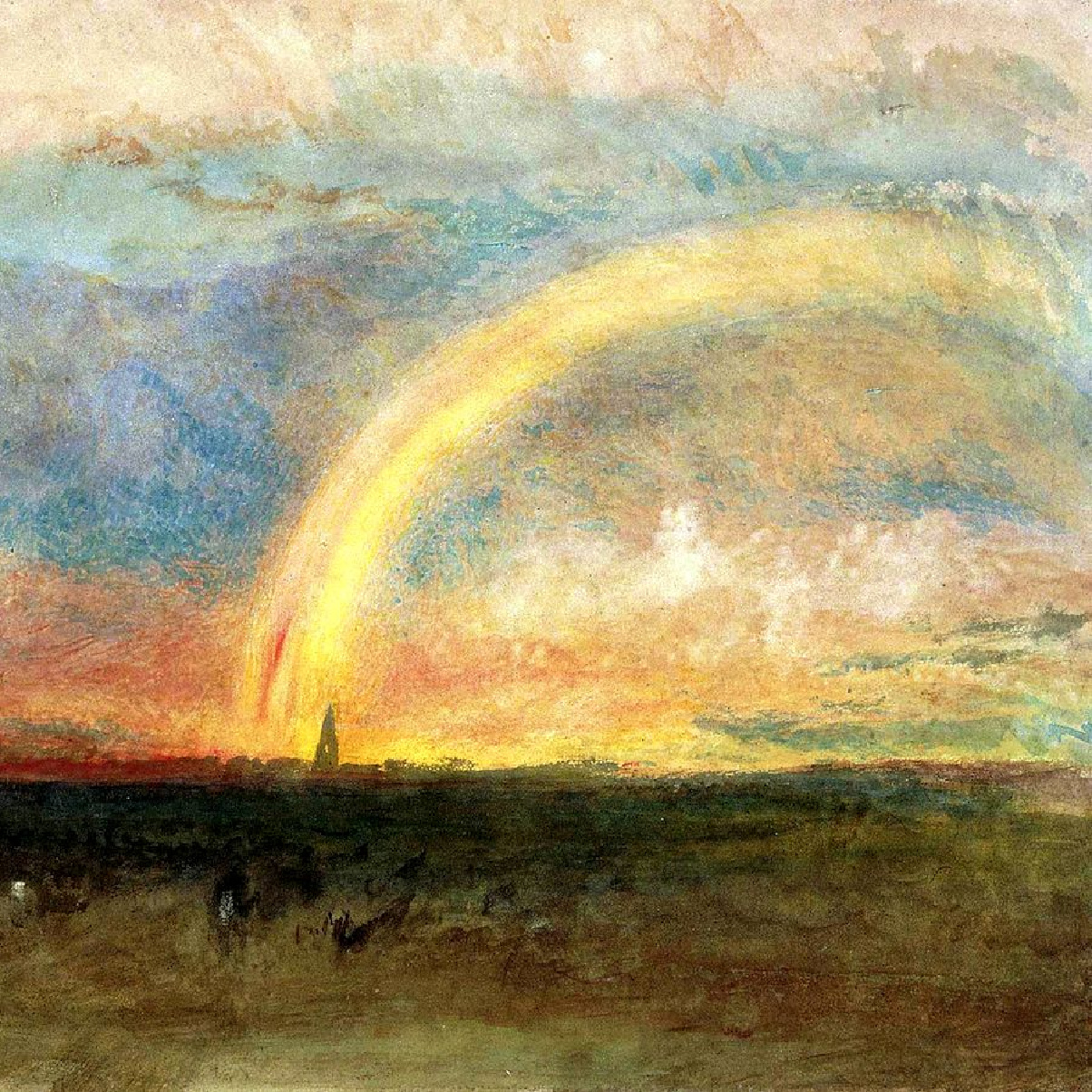“Now, as you have asked, behold, I say into you, keep my commandments,
and seek to bring forth and establish the cause of Zion.”
—Doctrine and Covenants 11:6
As we draw closer to election season, our minds turn to politics. Politics can sound like a dirty word; however, at its best, politics can be about seeking the betterment of society. Or, in Latter-day Saint parlance, a Zion-like society.
One of the prophesied great events of the last days is the establishment of Zion on the earth, with the Lord commanding his followers to “seek to bring forth and establish the cause of Zion” (Doctrine and Covenants 11:6). Joseph Smith taught, “We ought to have the building up of Zion as our greatest object.” Emphasizing that Zion is not only a place, but embodies characteristics of each individual, Brigham Young taught, “Zion commences in the heart of each person.”
Given all this, I would submit that we should not be waiting for Zion while we suffer in Babylon; instead, we must be “preparing the ground for the upbuilding of the kingdom of God and the establishment of Zion.” That begins in our hearts and actions. We can build Zion by making choices that increase the characteristics of Zion in ourselves, in our families, in the Church, and in society.
Of course, seeking to build a Zion-like society in the broadest sense—striving and working for the godly and the common good—is not unique to Latter-day Saints. Many citizens—both religious and not—hope to enact justice and righteousness as they see them. And, in the context of a democratic republic, enacting justice and righteousness depends in large measure on electing “honest,” “good,” and “wise” leaders (Doctrine and Covenants 98:10).
We should not be waiting for Zion while we suffer in Babylon.
Scriptures teach that “Governments are instituted of God for the benefit of man” and that, ultimately, God “holds men accountable for their acts in relation to them, both in making laws and administering them, for the good and safety of society” (Doctrine and Covenants 134:1). Therefore, we will be held accountable for our acts in relation to our governments, including supporting candidates, voting, and encouraging ethical government. One of the characteristics of a Zion society, as reflected in one of the most joyful sections of the Book of Mormon (the Fourth Book of Nephi), involves a society where there is true justice: “…[they] did deal justly one with another” (4 Nephi 1:2). In order to have a just society, we must choose righteous leaders who will work to uphold the U.S. Constitution and our fundamental rights—who will work to enact policies for the common good. Unfortunately, we don’t always know the true intentions or character of a leader until, in fact, they are in the job. But this must not deter us from doing our level best to find out and make informed, reason-based decisions about candidates. Historian Jon Meacham quotes former President Harry Truman as saying:
You never can tell what’s going to happen to a man until he gets to a place of responsibility. You just can’t tell in advance, whether you’re talking about a general in the field in a military situation or the manager of a large farm or a bank officer or a president. … You’ve just got to pick the man you think is best on the basis of his past history and the views he expresses on present events and situations, and then you sit around and do a lot of hoping and if you’re inclined that way, a certain amount of praying.
“You just can’t tell,” Meacham continues after closing his quotation from Truman. But, even with these “sobering words” Meacham editorializes: “…we still have to try, or else the whole democratic enterprise becomes less intelligible than it already is. History—which is all we have to go on—suggests that a president’s vices and his virtues matter enormously, for politics is a human, not a clinical, undertaking. So, too, do the vices and virtues of the people at large, for leadership is the art of the possible, and possibility is determined by whether generosity can triumph over selfishness in the American soul.”
The importance of righteous leaders was emphasized by the prophet Mosiah when his people desired a king. Reminding the people that an unrighteous king can cause great iniquity and destruction among his people (Mosiah 29:17–18), Mosiah described a just king as one who would establish godly laws from which he would judge the people in righteousness (Mosiah 29:13). As the enlightenment philosopher Thomas Carlyle once observed regarding the Latter-day Saint prophet, Brigham Young, “The Mormon Governor is supreme in Mormon Conviction; what he does and orders is what every good Mormon is longing to see done. That is the secret of just despotism, of a Despotism which can be called beneficent.”
Members of the Church have been instructed not to be neutral with respect to politics.
Our system of governance today is not religious monarchy—or beneficent despotism as Carlyle puts it—but those who have the privilege of electing representatives to government and other positions of authority can and should seek leaders who base their positions on enlightened moral precepts, including and especially upholding the freedom of conscience (Articles of Faith 11). As one religious leader, Spencer W. Kimball, observed decades ago in a statement that today is recognizably prophetic: “It is time for both elected and appointed officials, regardless of party, in our government, nationally and locally, to appraise themselves and their practices. There appears to be too often an attitude of indifference toward serious acts of wrongdoing. There is no better time than now … for a rededication to the high moral principles which have contributed to this nation’s greatness. The workings of our government should be an example to the world—in uncompromising integrity, in wise and prudent stewardship of public funds, in personal morality, including fidelity in marriage, and in an openness on activities which will build the confidence of the electorate. The citizenry should expect no less.”
Members of the Church of Jesus Christ—and all people of conscience and good will— should seek for and support leaders, who “in uncompromising integrity, in wise and prudent stewardship of public funds, in personal morality, including fidelity in marriage, and in an openness on activities which will build the confidence of the electorate,” consistent with President Kimball’s admonitions. To be sure, even righteous leaders in a pluralistic republic may sometimes have to compromise in seeking to accomplish the work of government. But this should not come at the expense of their moral standards. Former U.S. Senator Wallace F. Bennett defined compromise as “an agreement reached through mutual concessions, or an acceptable adjustment between conflicting ideas or desires.” He continued:
There are those who maintain that any compromise is evil or shameful because it may involve some surrender of “principle” or freedom. Unfortunately, my years in the Senate have taught me that those who talk of “principle” in this context really mean “interest”—their self-interest. Nor is compromise a true diminution of one’s freedom or free agency, because the scriptures are full of admonitions to use our freedom in the service of others and not for our selfish ends. Christ said, “Agree with thine adversary quickly” (Matt. 5:25). … I can now explain why this is not essentially evil. Must a legislator sacrifice his moral standards when he votes for a compromise? Never, unless he makes his personal decision for dishonorable reasons such as personal gain or paid-for political support. The most effective legislator is one who always keeps himself free to use his best judgment in doing all he can to see that every bill on which he works contains the best possible and fairest possible balance between the interests of the various entities that will be affected by it.
One characteristic of righteous legislators is that they maintain their freedom from political parties, lobbyists, donors, and others whose interests could cause them to vote in favor of those interests over the interests of their consciences or the people they serve. Similarly, those who work in the executive, administrative, and judicial branches of the various levels of government should seek to be free of undue outside influences or from desire for personal gain as they make decisions and initiate action. Those ideas, and the search for competent candidates whose lives are most in harmony with God’s commandments—and not only those who agree with us on every issue—can guide us as we choose candidates and leaders for public office.
It’s important to note that the Church of Jesus Christ has taken a position of neutrality with respect to politics: “The Church’s mission is to preach the gospel of Jesus Christ, not to elect politicians. The Church of Jesus Christ of Latter-day Saints is neutral in matters of party politics.” Consistently, the Church has been able to do much good through working with imperfect governments, organizations, and people to provide aid to people in need and otherwise fulfill the Church’s mission.
At the same time, members of the Church have been instructed not to be neutral with respect to politics, but to “engage in the political process in an informed and civil manner, respecting the fact that members of the Church come from a variety of backgrounds and experiences and may have differences of opinion in partisan political matters.” Like other believers, when Latter-day Saints have the opportunity to vote and take other political actions in choosing leaders of the highest moral character, we are expected to do so. With wisdom, spiritual maturity, and the guidance of the Spirit we can know how to effectively stand as witnesses for God, seeking to be “wise as serpents and harmless as doves” (Matthew 10:16).
The question still arises, what can we do when none of the candidates for an office seems to be honest, wise, or good? We can become involved at an earlier point, if possible, when candidates are being selected. Three choices are available: (1) choose the so-called lesser of the evils; (2) choose or write in a candidate who is worthy, although that vote may not have an impact on the outcome of the election; (3) refrain from voting for any candidate. One cannot always foresee which candidate is going to make righteous choices, but refraining from voting seems like a surrender of one’s agency to other voters, especially if we assume the outcome of the election. God seems to think that character, not political party or position, is the important consideration in voting, and so the choice of a candidate of higher moral character, if that can be discerned, seems in keeping with the prophetic admonition to choose those of “high moral values.” In any case, we cannot abdicate to those with more selfish motives our responsibility to participate in seeking good and righteous government and leaders.

















